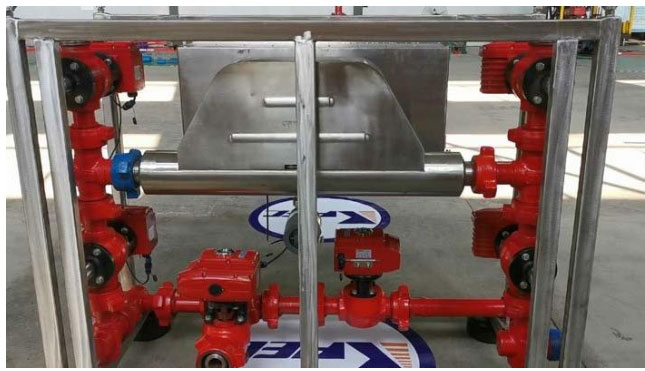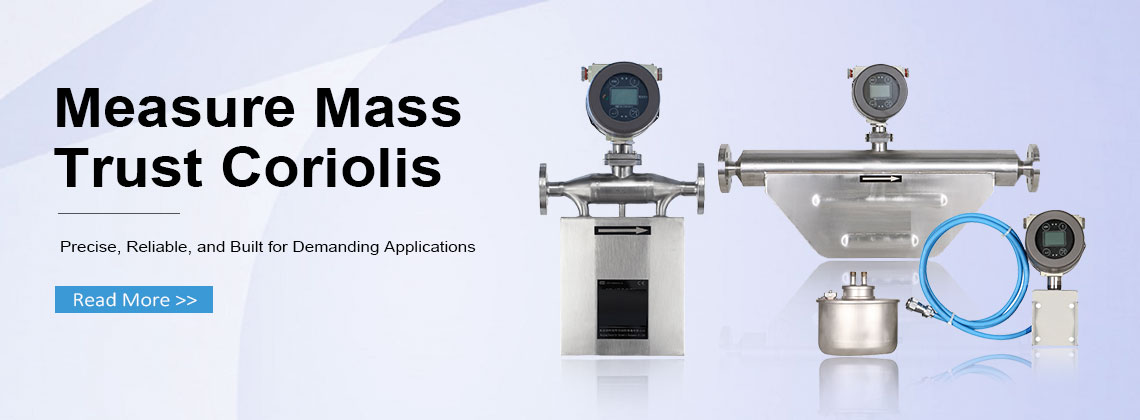Exploring cloud-enabled measurement systems Are coriolis flujometro measurements more accurate than ultrasonic meters

An innovative Coriolis sensor exploits mechanical effects exploiting rotational principles to calculate fluid throughput. As the medium travels through twisted pipes, centripetal effects yield deviations in liquid passage, aligned with flow magnitude, enabling exact mass flow detection. Known for operational adaptability, suitable for various flow materials with reduced pressure disturbance.
- Perks of Coriolis Flow Meters:
- Exquisite data reliability:
- Diverse fluid range:
- Integrated compositional measurement:
Appreciating Coriolis Effect Applications
Innovative Coriolis meters act as effective measuring devices applied to gauge liquid movement across channels. Utilizing rotational frame forces, they assess flow through force-induced distortions. Inside swirling pipes, liquid course alters laterally, matched to stream direction. Sensors capture the deflection, changing physical shifts into signals proportional to flow magnitude.
- Deployments of Coriolis flowmeters include:
- Industrial process monitoring in refining sectors
- Crop-related production
- Water purification
Deciding Optimal Flow Measurement Tools
Coriolis meters excel in providing exactness for fluid flow analysis. Yet, with a range of available models, selecting the best fit for applications may be tricky. Key considerations when obtaining your Coriolis flow meter include: * **Characteristics of the fluid:** The fluid observed impacts assembly and performance. * **Flow capacity range:** Meters conduct within distinct flow limits. Check your needs are met. * **Accuracy standards:** Different use cases expect diverse precision levels. Outline these to pick models. * **Operational environment:** Factors such as temperature, pressure, and fluid viscosity modify meter outcomes. * **System compatibility:** Assess integration and pairing with existing infrastructure.Advantages Offered by Contemporary Coriolis Instruments
Innovative Coriolis technologies provide a full array of perks for industrial needs. First and foremost, these meters offer exceptional precision, facilitating precise flow tracking. Also, Coriolis meters provide simultaneous mass plus density data in one device, making them especially suited for mission-critical measurement. Furthermore, their strength enables operation in severe environments.
- Accordingly, these devices see broad use in fields like oil and gas, chemicals, food and beverage sectors, and pharmaceuticals.
Cutting-Edge Methods for Flowmeter Calibration
High-standard industrial applications prioritize Coriolis flowmeter performance. Ensuring dependable, repeatable results demands modern calibration methods. These exceed basic protocols by integrating comprehensive equipment and detailed analysis.
Dependence on known reference materials enhances accuracy. By comparing meter outputs with known benchmarks, technicians detect divergences and apply corrections.
- Multi-point calibration, assessing various flow rates, yields thorough performance profiling across meter ranges.
- Advanced software assists data management and visualization, enabling data analysis.
Consistent use of advanced calibration ensures optimal meter accuracy, driving productivity boosts across industries.
Troubleshooting Frequent Meter Issues
Coriolis meters provide trusted accuracy and adaptability yet face occasional concerns. Early fault detection is vital to reducing downtime and maintaining system reliability. Typical complications involve configuration mistakes, often caused by improper setup, dirty sensing components, or flow disturbances. Measurement variability may result from changing fluid properties, mechanical vibrations, or electromagnetic disturbances. Effective problem-solving requires thorough examination of conditions, sensor outputs, and operational logs.
- Scheduled maintenance for damage or contamination applies.
- Calibration adherence maintains accuracy.
- Observing data trends aids early detection.
- Secure fitting helps reduce interference.
Applying best practices solves common Coriolis flowmeter challenges, ensuring reliable fluid monitoring and operational consistency.
Coriolis Flow Meters in Industrial Process Automation
Flowmeters deliver accurate rate determination within industrial applications. Utilizing the Coriolis effect triggered by fluid passage inside vibrating tubes, oscillations in tube motions correspond to fluid fluid density. This aspect enables advanced quantification of media transfer even in harsh environments.
Coriolis meters are ideal a diverse variety of uses, including fluid handling. Their robustness makes them optimal for challenging scenarios, and their advanced interfacing enables direct system interfacing with automation platforms.
Superior Flow Measurement through Coriolis Sensors
Coriolis sensors deliver trustworthy data across multiple applications. They employ momentum principles to quantify mass flow, yielding top-grade measurements under variable flow regimes. Relative to alternative flow technologies, Coriolis sensors provide uninterrupted readings, facilitating exact supervision. Their dual ability to measure mass flow and density makes them ideal for in-depth flow assessments. Furthermore, Coriolis sensors exhibit hardiness, thriving in harsh operating situations. This combination of dependability qualifies Coriolis sensors as a foremost choice for demanding flow measurement situations.Oil and Gas Industrial Applications of Coriolis Flowmeters
Coriolis flowmeters have demonstrated themselves as effective tools in the oil and gas field. Their capacity to simultaneously measure mass flow and medium concentration renders them variable for many operational tasks. In downstream workflows, Coriolis meters facilitate monitoring raw oil in distribution networks. They also fulfill critical roles in process supervision and guarantee consistent metering medidor de coriolis for transaction verification.Coriolis Technology in Water Management
Such devices deliver key data acquisition for fine-grained assessment in water management contexts. Utilizing mass effect principles, they detect flow variation through bent tubes. This sensitive data backs real-time water flow oversight, paramount for boosting system productivity.
- Purposes of Coriolis flowmeters in water systems extend to broad workflows, such as: diversion water to homes and industries, monitoring water usage for irrigation and energy production, and regulating water flow in treatment plants.
- Benefits for Coriolis flowmeters in this area cover: superior accuracy, broad versatility across levels, and lower operational cost requirements.
Improving Fluid Flow Metrics Through Coriolis Devices
Coriolis flowmeters have affirmed themselves as respected solutions for assessing fluids. These mechanisms apply the Coriolis effect to estimate both mass flow and fluid density. Adopting Coriolis technology can optimize measurement accuracy, curtail operating expenses, and grant insightful data about process parameters. Their applicability enables use in a large range of industry sectors such as processing.
